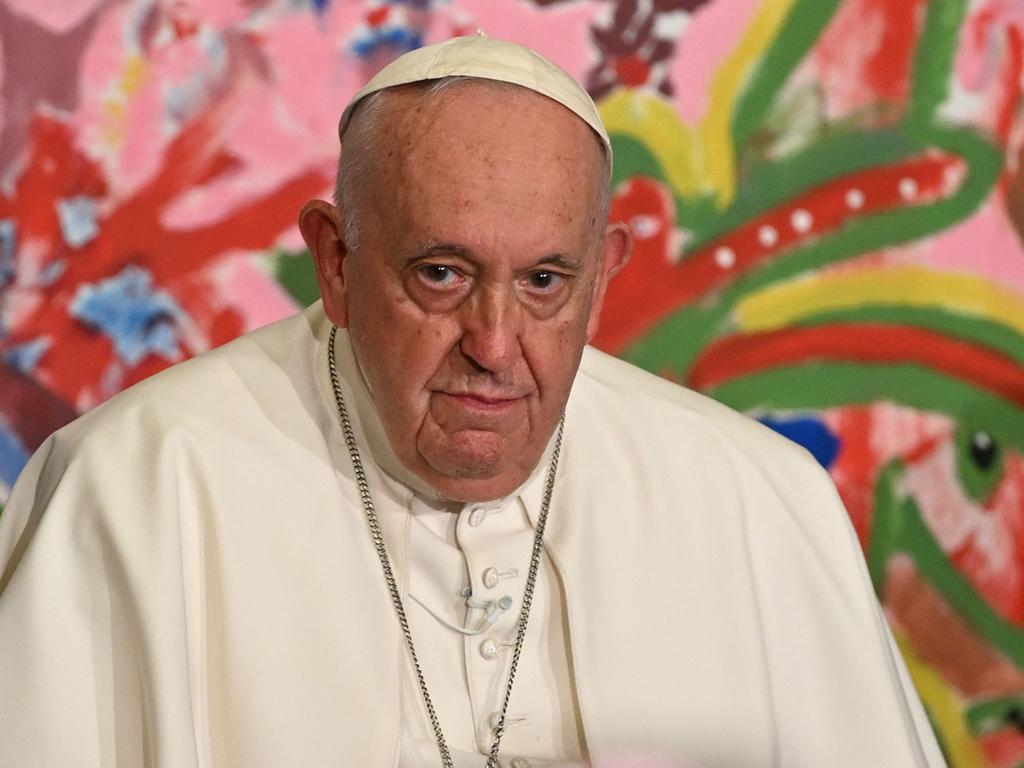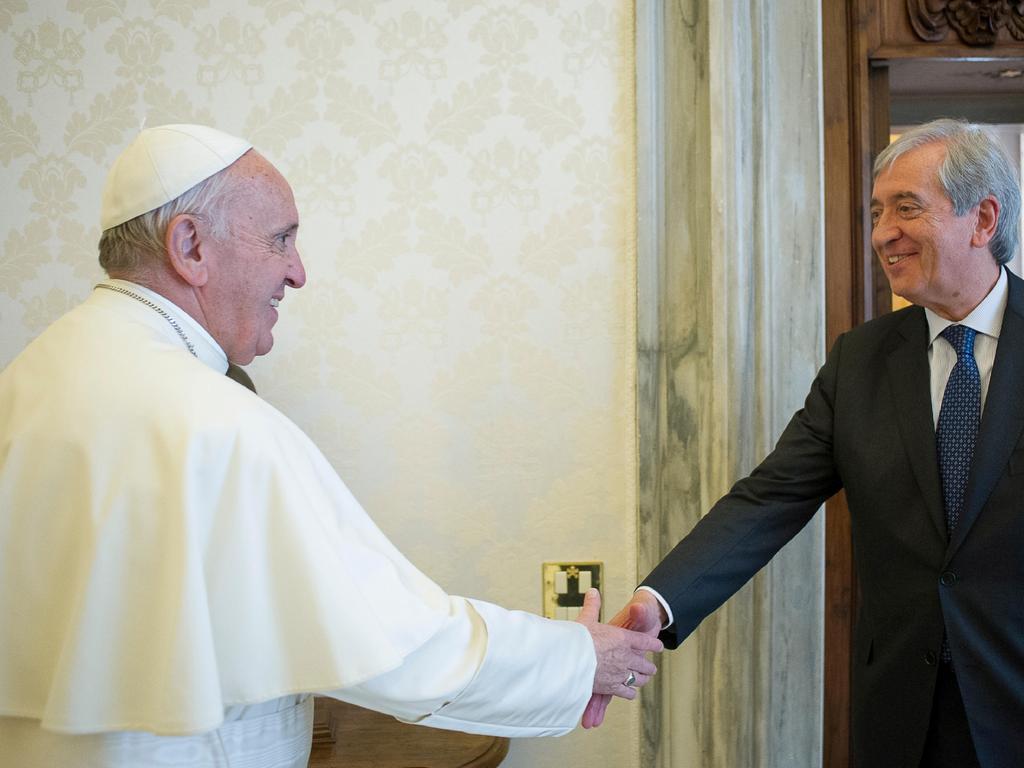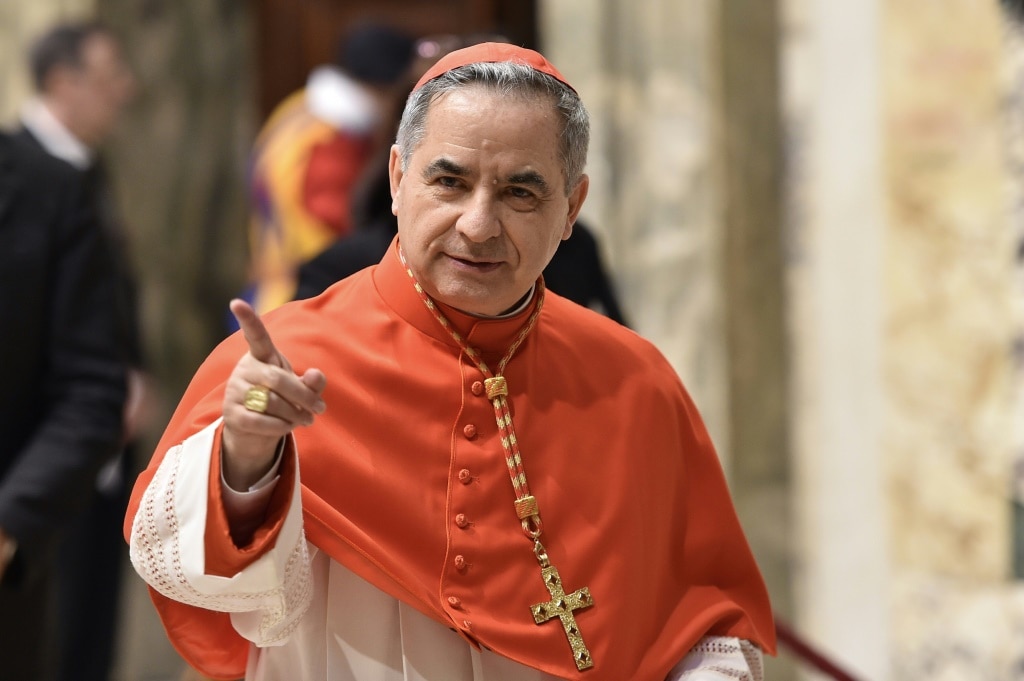How George Pell helped expose German Cardinal Gerhard Muller’s cash stash
Extraordinary new revelations show how George Pell helped quietly claim another scalp in the Vatican corruption scandal.
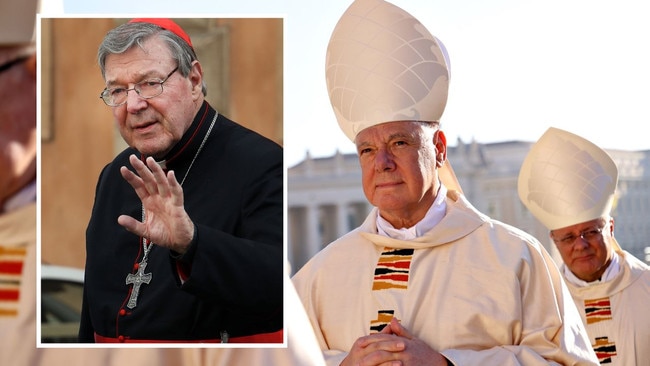
It was September 2015 and cardinal George Pell and his newly appointed financial team had just returned to work after the traditional Italian summer break.
Pell had been in the job as the Pope’s financial tsar for over a year by then, boasting he’d discovered “hundreds of millions tucked away” in accounts off the balance sheets and was already well into his program of Vatican-wide briefings to explain the new standards of bookkeeping he wanted implemented across all departments.
That same year however, his office had also observed that cash, often in large amounts, was kept poorly secured and undocumented in several departments, prompting a series of spot checks, including an unannounced visit to the Dicastery for the Doctrine of Faith, then led by German Cardinal Gerhard Muller.
And it was there, in the oldest of the Vatican dicasteries – and the one responsible for religious discipline and canonical cases – that Pell’s people reportedly found staff counting out hundreds of thousands of euros in cash, placing them in plastic bags marked with Annona, the Vatican’s own supermarket name, before trying to walk them out of the dicastery office, apparently in a panic over the spot checks.
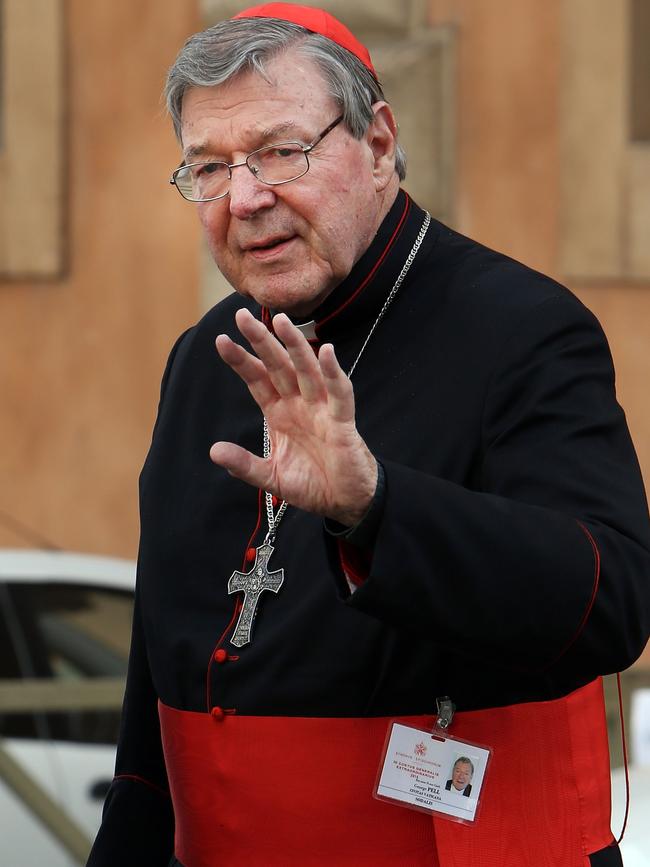
Adamant from day one in the job that he wanted to recruit professional financial specialists from the outside world, Pell had also just started work with the Holy See’s first auditor-general, Libero Milone, a former partner with the multinational accounting giant Deloitte, appointed personally by Francis just a couple of months before. Informed of what his office staff had seen during their visit, Pell immediately sent a note instructing Milone to conduct a full, formal audit of the financial situation inside the DDF.
That report, finalised by late autumn, would uncover close to €500,000 either misappropriated or improperly documented, including some €200,000 that had been deposited into Cardinal Muller’s personal account. All the details were reported directly to the Pope.
Until this week, it has been widely accepted that Francis failed to reappoint Cardinal Muller after his five-year term ended in 2017 because of theological differences. An arch conservative appointed in 2012 by his predecessor Pope Benedict XVI, Muller’s “sacking” was instead reported as a powerful signal of the new, more liberal doctrinal direction led by Francis.
However, according to a forensic, two-year investigation of the circumstances of his removal by Ed Condon, a former canon lawyer and co-founder of Catholic site The Pillar, Francis’s decision not to reappoint Cardinal Muller followed charges of significant financial improprieties that even led to a papal order that Cardinal Muller repay hundreds of thousands of euros to his own department.
Pell, it seems, had helped quietly claim another scalp – this one a fellow theological conservative who, he told friends, had “deeply disappointed” him and who, shockingly, would in January deliver mass in the chapel of Dous Australia to mark the first anniversary of Pell’s death.
Condon revealed that sources who had worked on the Muller investigation told him that they had not only found tens of thousands of euros in departmental funds, kept in cash in office drawers and used as unreceipted discretionary funds by officials, but that money meant for the DDF’s departmental bank account had instead been deposited in Muller’s personal account, dismissed by the Cardinal as a “clerical error”.
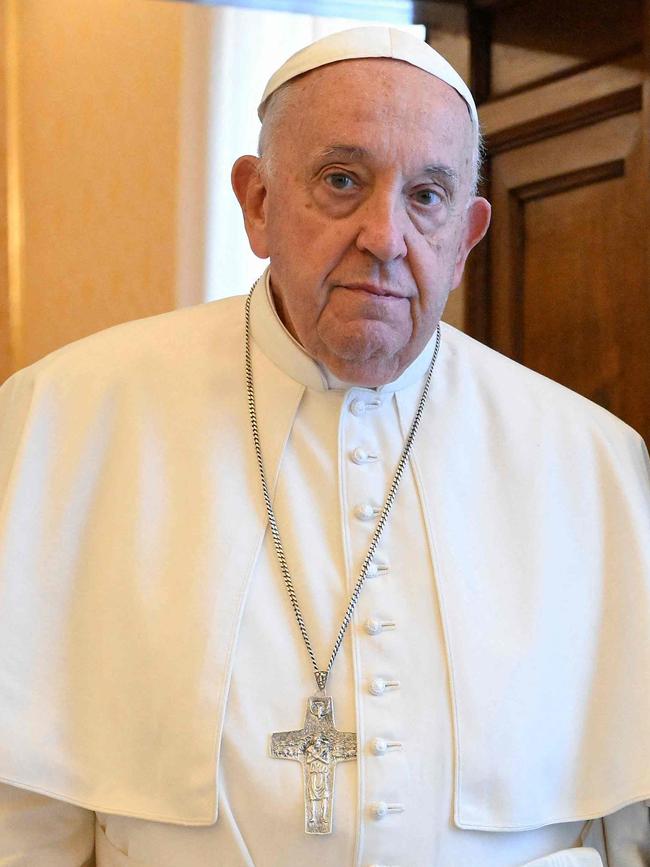
It was also discovered that an antique conference table, used to convene senior curial meetings over centuries and property of the Vatican, was given to a German antique dealer, allegedly a personal friend of Cardinal Muller. In its stead, the auditors discovered that €60,000 had been paid from departmental funds to buy a new, modern meeting table.
The DDF was apparently already well known by insiders for lax financial management under the German cardinal’s watch and while small amounts of petty cash for ordinary expenses had been kept in the office by his predecessor in the past, they had begun to accumulate alarmingly under just one administrative official, Monsignor Mauro Ugolini.
“I don’t think Cardinal Muller was looking to get rich from the dicastery,” the sources close to Pell’s people told Condon, “but I think the aim was to get all the cash, and it was a lot of cash, out of the office and out of sight”.
In other words, they’d launched a panicked, 11th-hour attempt to save the dicastery’s management reputation.
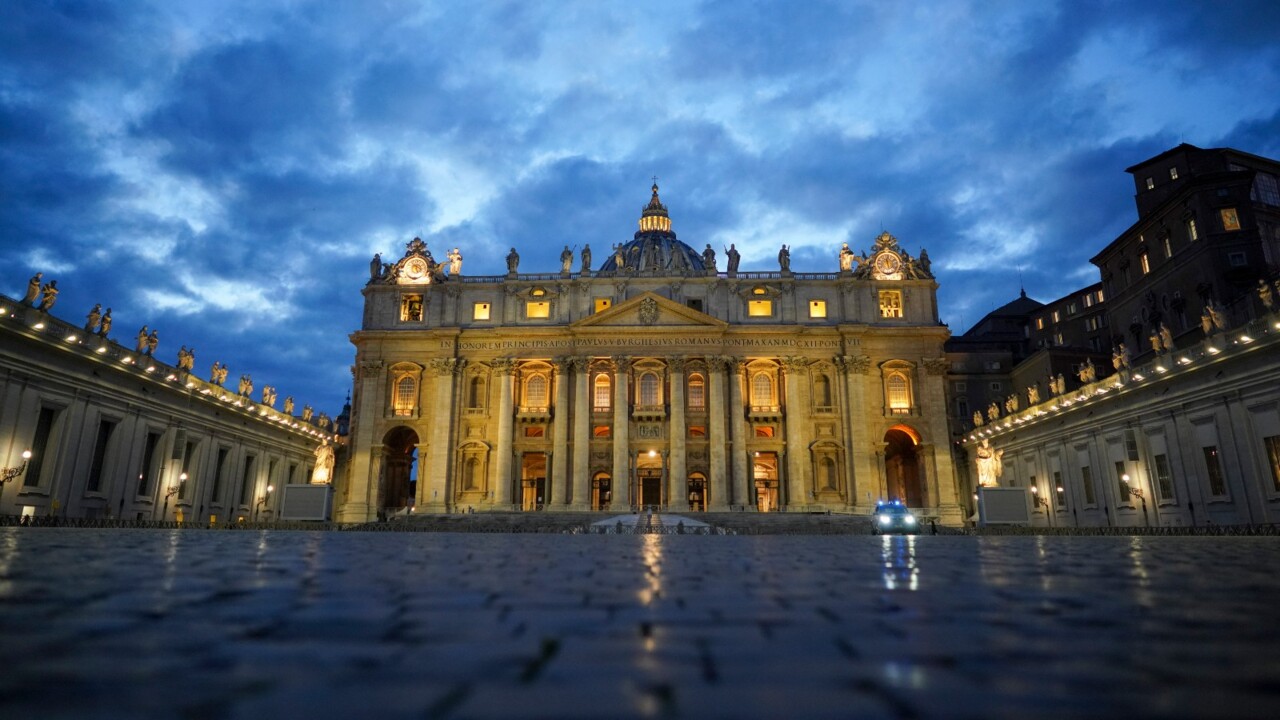
The funds accumulated came from payments known as “taxa”, the administrative fees collected by the DDF for the processing of canonical cases in the department’s disciplinary section, including cases of clerical sexual abuse of minors.
Previously, too, it was apparently common for visiting bishops and other senior church officials to make generous cash donations, informally known as “bustarelle” (small envelopes in Italian), to dicastery prefects. However, this often meant their provenance was ambiguous as personal gifts or donations to the department. Francis banned this tradition in 2018.
“If (Francis’s) financial reforms were applied to the letter, they should have meant Muller was sacked,” a source close to the office of the auditor-general said. “If thousands and thousands of euros just ‘accidentally’ end up in a cardinal’s account isn’t evidence of inexcusable administration, if not corruption, what is?”
However, in the earliest days of Francis’s financial reforms, they told Condon there was a marked internal preference for “looking ahead not looking back”.
To date, Cardinal Muller has faced no formal sanctions and another DDF official investigated at the same time remains in their post in the same department.
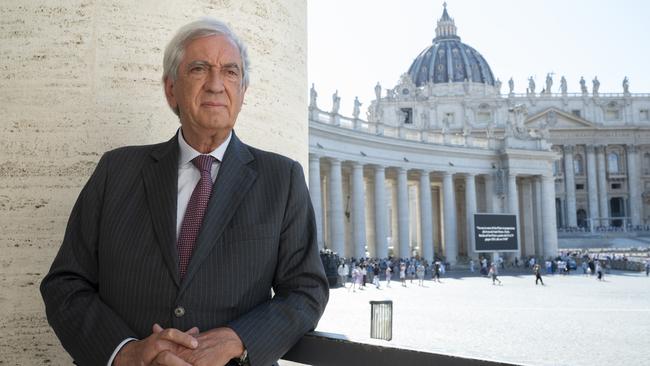
Revelations about the detail of the financial investigation of the DDF and Cardinal Muller also offer a new and more nuanced understanding of a statement made by Libero Milone in 2022 when he and his late deputy, Ferruccio Panicco, launched their lawsuit for wrongful dismissal.
The Australian has reported regularly on the case since June 19, 2017, when Mr Milone and Panicco were marched out of their offices and forced to sign pre-written resignation letters. Vatican police raided the auditors’ offices, confiscated electronic equipment and forced safes open with axes, crowbars and power drills before the two men were interrogated for several hours and threatened with criminal charges.
Their mysterious sacking, amid charges of “spying” on Vatican officials, occurred a fortnight before Muller lost his position and just 11 days before Pell had to return to Australia to face historic child sexual abuse charges.
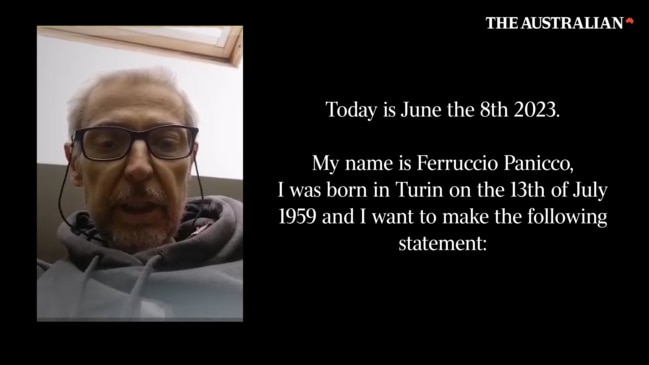
Mr Milone and Panicco spent the next five years struggling to find out what the accusations against them were but were rebuffed at every turn, leading Mr Milone to describe their efforts as hitting a “rubber wall”. In 2022, with Panicco diagnosed with terminal cancer – and treatment delayed by the forceful seizure of computers containing his personal medical records – they launched a wrongful dismissal suit against the Vatican seeking more than €9m ($14.5m) in compensation for lost earnings and damages, including €3.5m in material damages for Panicco’s loss.
Announcing their decision to sue two years ago, Mr Milone told journalists that he had been sacked for simply doing his job, undertaking modern auditing work in an effort to bring the Vatican’s sclerotic accounting practices into the 21st century.
“I discovered that there were cardinals putting money in their pockets, they were doing strange things and my reporting line was directly to the Pope,” Mr Milone said at the time.
“I reported everything to the Pope,” he added.
Mr Milone said he’d uncovered non-existing building projects signed off with made-up receipts, the misappropriation of hundreds of thousands of euros by individual cardinals and prelates, and evidence of the use of Vatican financial institutions to launder money, some destined for Italian political parties.
And while it is now well known that one of the prelates Mr Milone was referring to was the disgraced Cardinal Angelo Becciu, found guilty of embezzlement in December 2023 with eight other officials by the so-called Vatican “trial of the century”, it appears clear Cardinal Muller was another.
“Regarding one cardinal, one in particular, who took a lot of money, when I informed the Pope, the Pope went through the roof and said to go to see him and get the money back. I said that’s not my job, and it wasn’t my job – my job was auditor, I’m not there to collect money,” Mr Milone said in 2022. “The Pope said, ‘I will tell him, you just go and explain how you found out’, and the cardinal did give the money back. These are the reasons for which I was accused of spying.”
On Wednesday, The Pillar asked Cardinal Muller in writing to comment on the claims and the investigation but he has not yet responded. The Australian contacted Mr Milone about the new claims but he declined to comment, saying this would be inappropriate while his wrongful dismissal case, currently at appeal, is still being heard.


